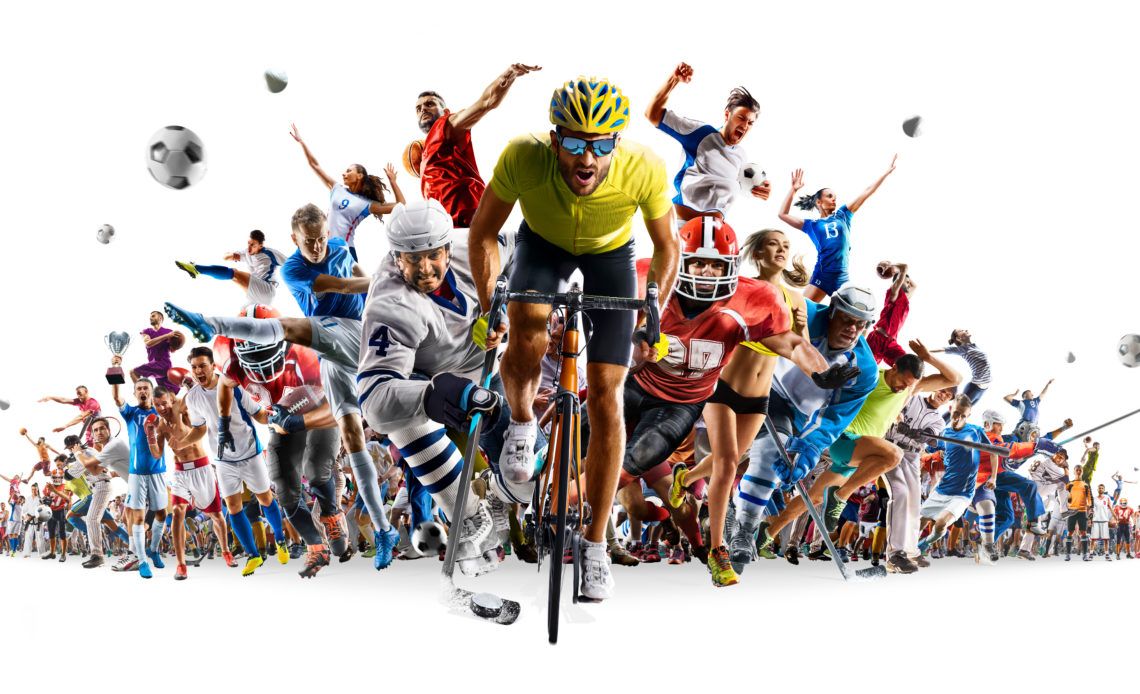
“Sweat is just fat crying.” Anonymous
“Good things come to those who sweat.” Anonymous
“Exercise is a celebration of what your body can do.” Anonymous
“If you don’t make time for exercise, you’ll probably have to make time for illness.” — Robin Sharma
You’ve likely heard that diet and exercise are two key factors for your health. Why is exercise so important? Doesn’t it just wear out your body faster? Like a car, doesn’t your body have a limited amount of mileage in its life?
It turns out that exercise enables your body to perform well and thus increases your healthspan. Unlike a car, putting mileage on your body makes it better. Here’s why you need to drive your body to exercise each day:
- Promotes better sleep (when not within 2-3 hours of bedtime)
- Improves memory and learning
- Short bursts of exercise improve the ability to focus and learn
- Exercise after learning improves retention
- Exercise increases motor skills learning and coordination
- Improves mood
- Controls and optimizes your weight
- Regulates the digestive system
- Enhances your gut microbiome, increasing microbes which produce beneficial short-chain fatty acids. As a result:
- Gut and body inflammation is reduced
- Metabolism is boosted
- Insulin resistance is suppressed, reducing the risk of diabetes
- After six weeks of not exercising, almost all changes dissipated
- Builds and maintains bone density, muscle strength and joint mobility
- Increases your amount of blood vesicles, resulting in improved inter-body communications, protein delivery and metabolism
- Keeps your blood flowing smoothly by increasing high-density lipoprotein (HDL) cholesterol, the “good” cholesterol, and decreasing unhealthy triglycerides
- Prevents or manages many health problems, including:
- Cardiovascular diseases
- Stroke
- Metabolic syndrome
- High blood pressure
- Type 2 diabetes
- Depression
- Anxiety
- Many types of cancer
- Arthritis
- Falls
- Improves sexual function
Recommended Exercises
For healthy adults, the Department of Health and Human Services recommends at least 150 minutes a week of moderate aerobic activity or 75 minutes a week of vigorous aerobic activity, or a combination spread throughout the week. Additional health benefits are gained by avoiding long periods of sitting and by engaging in physical activity beyond five hours of moderate-intensity physical activity a week.
How many hours per week are you willing to commit to exercising? Put that time on your calendar. The good news is that even short-bursts of exercise can provide plenty of benefit.
- Starting to Exercise
- Gentle Core Fitness or Harvard Health’s Core Exercises or TB12 Core Exercises
- Those who live longest move naturally, incorporating exercise into their daily lifestyle
- Micro-workouts
- The One Minute Workout
- New York Times 7 Minute Workout
- 10-minute Blocks of Fitness
- Walk when you talk on the phone
- High Intensity Interval Training (HIIT) reverses aging
- Boosts mitochondrial production by ~50-70%.
- Increases ability to burn off excess blood sugar.
- Increases oxygen inhalation by 17-28%.
- Major improvements in lung, heart and circulation health.
Exercise Training Tools and Gear
Here are some helpful reviews of top exercise training tools and gear:
Of note, many fitness tracking technologies recommend 10,000 steps, about five miles per day. This burns about 500 calories depending on your size and speed. For better health, maintain a moderate caloric intake. Avoid eating much more because you are exercising more! Find the right balance.
The Future of Sports Performance Enhancement?
And for something a bit different, see this…Poop Doping a.k.a What If #2 Makes You #1. Can select bacteria found in top athletes be added to your gut microbiome so you can excel at sports?
——–
This concludes today’s article. As your reward for reading, get yourself a fitness tracker and one of these three athlete books from our Recommended Reading list.
Spring Chicken, Stay Young Forever (or Die Trying) by Bill Gifford (2016)
Gifford, an out-of-shape, witty, middle-aged, former athlete, goes to reinvent himself.
Play On: Elite Aging Athlete Performance book by Jeff Bercovici (2018)
Bercovici, another witty, middle-aged, former athlete, goes to find the secrets of how professional athletes excel at advanced ages.
What Makes Olga Run: The Mystery of the 90-Something Year Old Track Star, and What She Can Teach Us About Living Longer, Happier Lives by Bruce Grierson (2015)
Olga Kotelko took up competitive track and field at age 77, then set 34 age-group world records. Grierson and Kotelko explore the physical and emotional factors which allow for athletic success and happiness later in life. Olga’s story is charming, inspirational and uplifting. Her nine rules for a long productive life make good sense.
